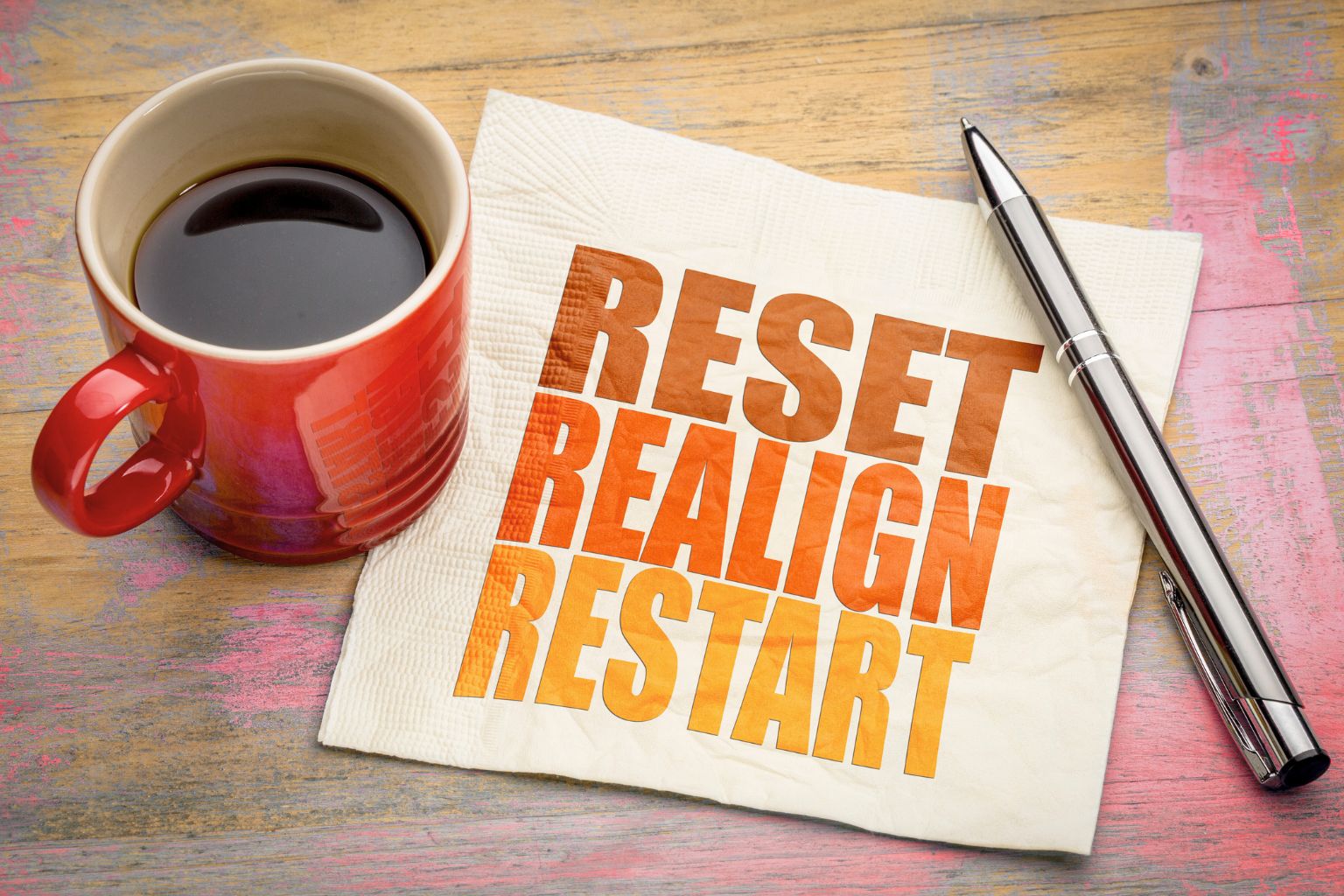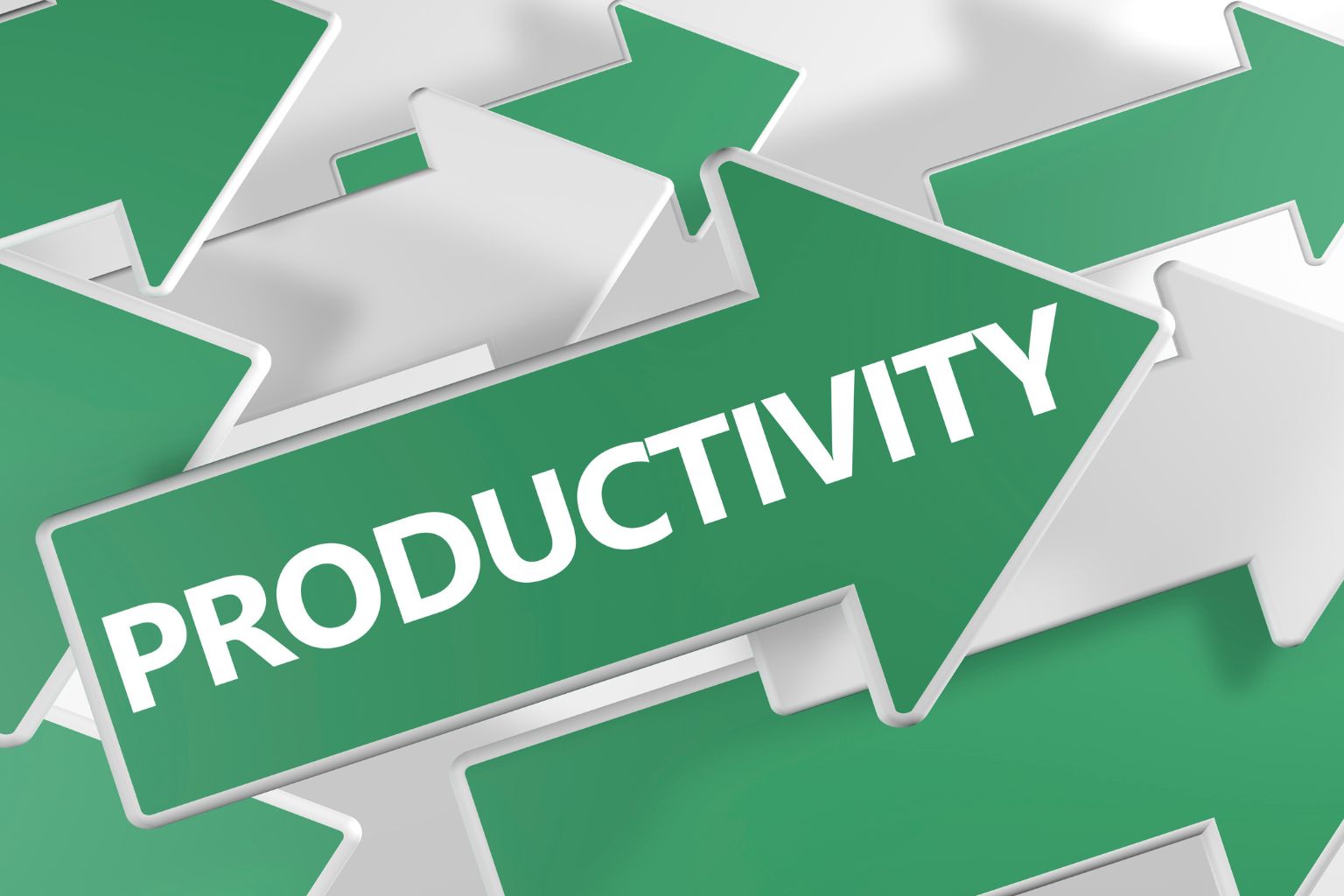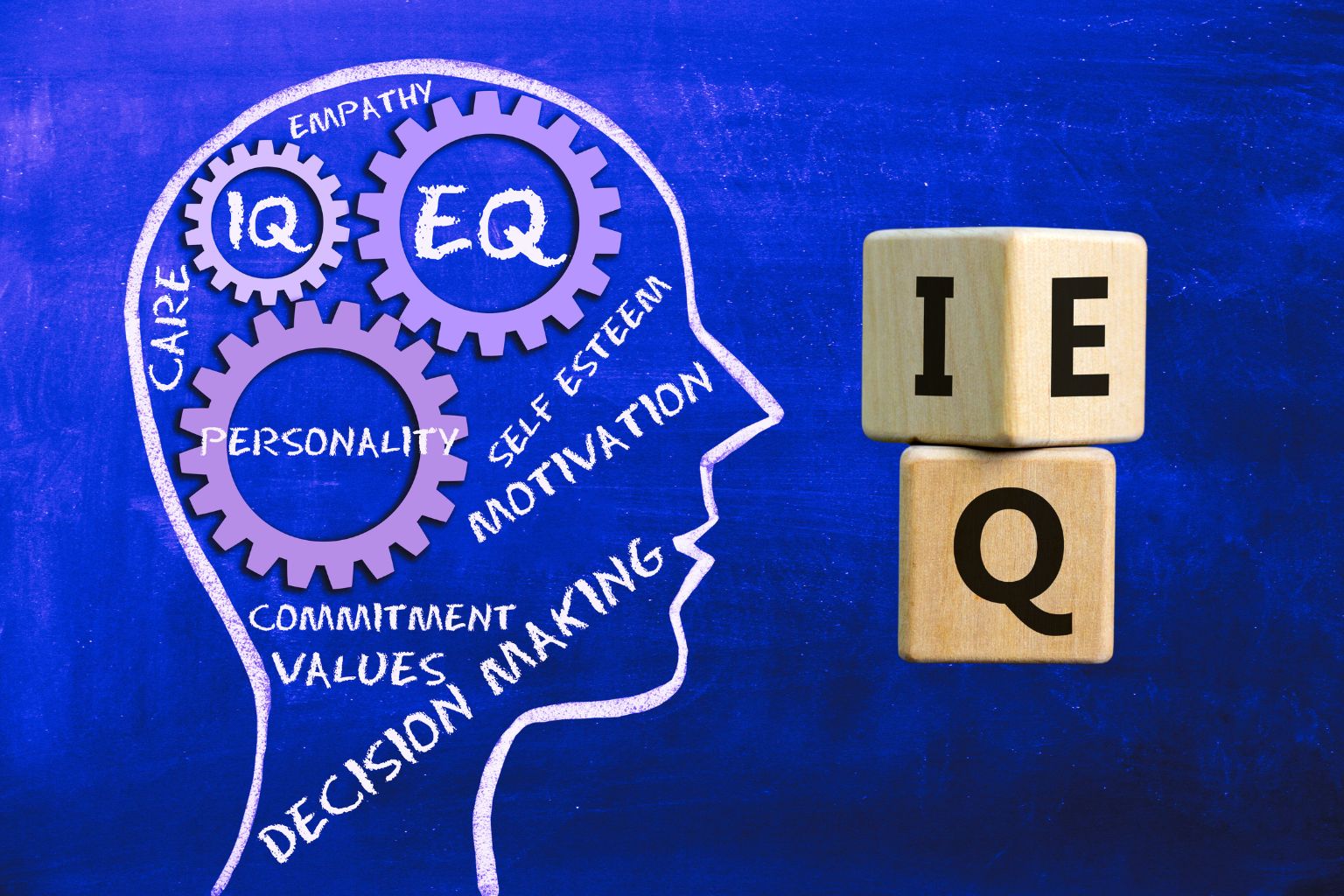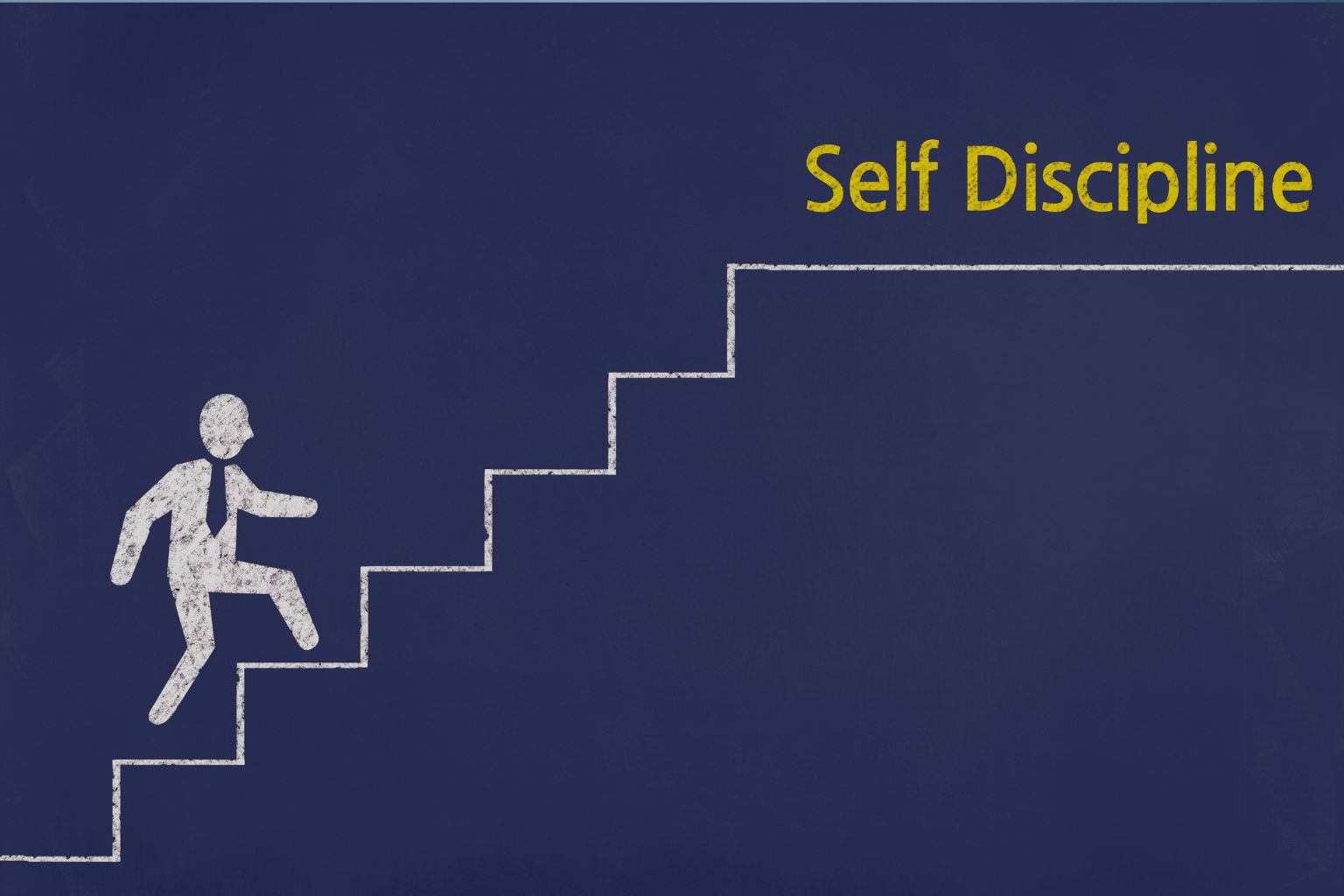Do you ever feel like no matter how focused you try to be, something always knocks you off track? Like you’re doing everything “right” on the outside—planning, grinding, even sacrificing—but deep down, you’re still not seeing the results you deserve?
You’re not imagining it. You’re not broken. But there’s something deeper going on that you’re probably not aware of.
Emotional triggers. These silent saboteurs are running the show behind the scenes, and they have more power over your success than you think.
They don’t show up as obvious flaws. Instead, they show up as overreactions, avoidance, burnout, self-doubt, or even extreme motivation that collapses within days. And until you name them and rewire them, they will keep throwing you off your path.
This post breaks down the 5 most common emotional triggers that are keeping you stuck, how they show up in everyday life, and how they silently damage your ability to succeed. You’ll also get clear, actionable fixes you can start applying today to take control.
And yes—this is all part of developing the mental discipline for success. Let’s get into it.
1. Fear of Judgment
How it shows up:
You overthink every move. You replay conversations in your head. You hold back from posting that idea, asking for that opportunity, or leading that project. Why? Because deep down, you’re terrified of what people will think.
It feels like being “careful” or “smart,” but it’s fear. Pure emotional trigger. And it kills your growth.
How it harms you:
Fear of judgment makes you play small. It causes delays, indecision, and chronic over-preparation. You miss chances that don’t come back. You stay invisible when you should be showing up.
The Fix:
Start exposing yourself to small, controlled risks of being seen. Share your ideas more often. Ask for feedback before you’re ready. Practice being misunderstood. This builds the mental discipline for success because it strengthens your resilience muscle. Remember: people are too busy judging themselves to really judge you.
2. Fear of Failure
How it shows up:
You procrastinate. You wait until conditions are perfect. Or you start something with energy, then drop it the second it gets hard. Why? Because deep down, failing feels like proof that you’re not enough.
How it harms you:
This emotional trigger makes you avoid risk at all costs. You stop trying before you even start. You hide behind busywork and never get to the real thing. And slowly, you start believing success isn’t for you.
The Fix:
Redefine failure. Make it a data point, not an identity. Create a habit of taking one “imperfect” action every day. Launch fast. Learn fast. Improve fast. That’s how mental discipline for success is built—not by avoiding failure, but by training your mind to see it differently.
3. Guilt Around Success
How it shows up:
You downplay your wins. You feel bad earning more than others. You think success means leaving people behind. You sabotage opportunities because part of you feels like you don’t deserve it.
How it harms you:
This emotional trigger locks you in survival mode. You keep your life small to stay “relatable.” You unconsciously push away the very success you say you want. And you carry emotional weight that drains your mental energy.
The Fix:
Unpack your beliefs about success. Journal about what success means and who it might upset. Then reframe it. Success doesn’t take away from others. It shows what’s possible. Anchor your success to service: how does your growth help others? This reframe is a pillar of mental discipline for success.
4. Need for Control
How it shows up:
You micromanage everything. You panic when things change. You don’t delegate or trust others. Everything must go your way or it feels like a threat.
How it harms you:
This trigger leads to burnout and isolation. You choke creativity. You reject collaboration. And worst of all? You limit your growth to what you alone can manage.
The Fix:
Build tolerance for uncertainty. Start letting go of small things first. Delegate one task a week. Trust people to show up. Lean into structure, but not obsession. Mental discipline for success isn’t about controlling every outcome—it’s about adapting powerfully when things shift.
5. Emotional Avoidance (a.k.a. Numbing)
How it shows up:
Scrolling. Overeating. Overworking. Zoning out. You distract yourself from hard emotions—fear, sadness, frustration—by staying busy or numb. You tell yourself you’re just tired. But really, you’re running from something.
How it harms you:
When you avoid your emotions, you also avoid your clarity. You can’t build aligned success while disconnected from your real thoughts and feelings. This trigger keeps you foggy, scattered, and emotionally shut down.
The Fix:
Create emotional check-ins. At least once a day, stop and ask: what am I actually feeling right now? Journal. Breathe. Feel it without fixing it. This rewires your brain to tolerate discomfort—a key element of mental discipline for success. Emotionally clear people take bold, clean action.
Final Thoughts: Your Triggers Are Not Your Truth
Every emotional trigger you have was wired into your system for a reason. Usually, it was about survival. But now? It’s keeping you from thriving.
This post isn’t about blame. It’s about awareness. Because when you understand your emotional triggers, you reclaim your power. You get to pause, choose, and act in alignment with the future you’re building.
You don’t need to be perfect. You just need to become more conscious. That’s how you build the emotional strength and mental discipline for success.
You’re not stuck. You’re just triggered. And now, you know how to handle it.
Emotional triggers are automatic reactions tied to past experiences. They can be internal (like fear or guilt) or external (like being criticized). These reactions can hijack your behavior and decision-making without you realizing it.
Not exactly. But you can rewire your response to them. With practice, your mind learns not to react impulsively. That’s the foundation of mental discipline for success.
Because they shift you into survival mode. When you’re triggered, you’re not thinking clearly. You’re protecting, avoiding, or freezing—not progressing.
Notice them. Seriously. Just naming your emotional reaction in the moment takes away half its power. The rest is practice.
Mental discipline for success gives you the tools to pause, observe, and redirect your energy. Instead of reacting from emotion, you respond from clarity and alignment.

















Share it!